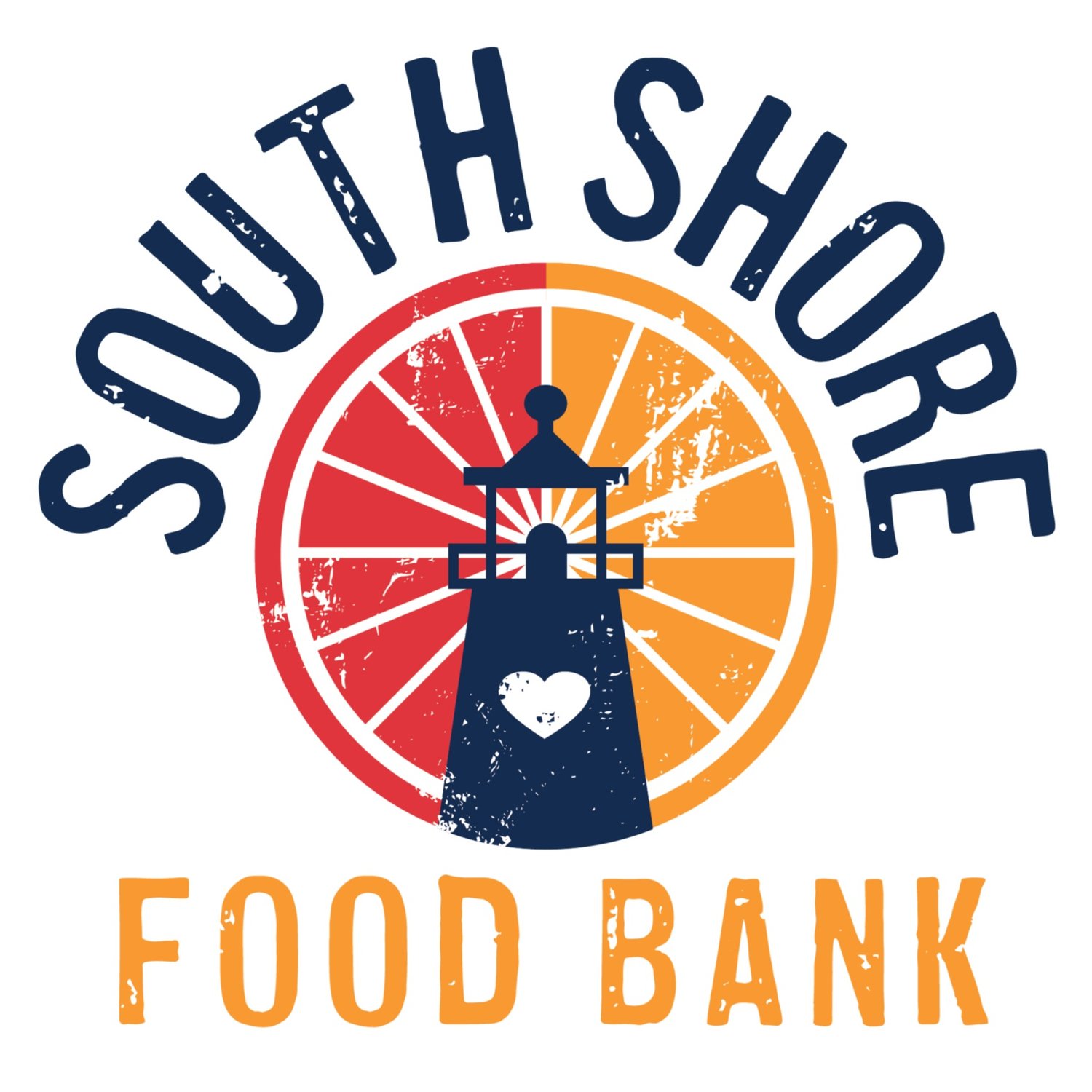Weymouth Food Pantry announces plans to launch new South Shore Food Bank
Weymouth, MA – The Weymouth Food Pantry announced today plans to launch a new South Shore Food Bank for regional pickup and storage of food deliveries. Over the next three months, Weymouth Food Pantry will outfit a new warehouse to provide increased storage, refrigeration, and work space, as well as a second loading bay. The new warehouse will serve as a regional hub for food distribution between the Greater Boston Food Bank and roughly 18 pantries across the South Shore. Funding for the new warehouse has been generously donated through a grant of $70,000 from Blue Cross Blue Shield of Massachusetts and a grant of $50,000 from the Commonwealth of Massachusetts.
“COVID-19 created historic need and unprecedented challenges that were never before seen in our 34 years as a pantry and are still ongoing,” said Nicholas Bulens, Chair of the Weymouth Food Pantry Board of Directors. “All pantries across the South Shore share these challenges, and we all share a common mission: to ensure access to fresh, nutritious food for all. We hope the new South Shore Food Bank will make us stronger and more resilient as a region, and also empower us as pantries to reach more people in need.”
“COVID-19 underscored the importance of working together to make sure our neighbors have the healthy food they need to feed their families,” said Jonathan Tetrault, Greater Boston Food Bank’s Vice President of Community Impact. “Weymouth Food Pantry is demonstrating how this can be done by thinking regionally and opening their new facility as a shared delivery site that will not only improve the efficiency of GBFB’s network on the South Shore but also help to ensure that fresh, healthy food will be more readily available to food pantries in the surrounding towns.”
When a household is unable to provide enough food for every person to live an active, healthy life, they are described as food insecure. According to the latest projections from Feeding America, food insecurity in Eastern Massachusetts is expected to remain 30% above pre-pandemic levels through 2021. For children in Eastern Massachusetts, this rate is anticipated to be 47% higher compared to 2019.
“We appreciate everything the Weymouth Food Pantry does to ensure our neighbors are able to put healthy food on the table for their families,” said Senator Patrick O’Connor (R-Weymouth). “We’ve seen more families in the past year or two in need of the pantry’s services and the regional pickup and storage initiative will allow them to meet the increased demand.”
To combat food insecurity, Greater Boston Food Bank provides deliveries to nearly 600 partners in Eastern Massachusetts. Over half of this food is perishable and requires proper refrigeration. Shared delivery sites like the new South Shore Food Bank allow pantries to pick up or store their food orders at a nearby location. This increased convenience allows pantries of all sizes to order more food, more often, and to get that food into a greater number of hands.
“We’re proud to support Weymouth Food Pantry and the Greater Boston Food Bank to launch of the new South Shore Food Bank,” said Jeff Bellows, Blue Cross Blue Shield of Massachusetts Vice President of Corporate Citizenship and Public Affairs. “Access to nutritious food is essential for good health and this new distribution center will be a valuable resource for our neighbors in the South Shore.”
Since the onset of COVID-19, pantries across the GBFB network have reported, on average, a 113% increase in clients and continue to see elevated levels of need despite improvements in projections. In Weymouth alone, nearly 600 households visited Weymouth Food Pantry for the first time in 2020, a 120% increase over 2019. The South Shore Food Bank will provide greater delivery and storage resources to respond to this ongoing need region wide, including:
● An additional shared loading bay for deliveries and pickups.
● 4,000 square feet of warehouse space, a 45% increase over WFP’s current facility.
● 355 square feet of freezer and refrigeration space, a 50% increase.
● Storage capacity for an estimated 160,000 pounds of perishable and non-perishable food, a 60% increase.
